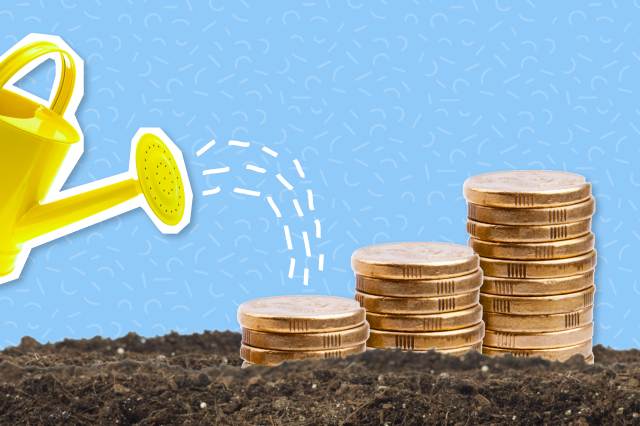How much super do you need to retire?
How much super is enough to lead a comfortable lifestyle when you retire? It’s a question with no clear-cut answer. Different rules of thumb have been discussed over the years. Some say the ideal number is $1 million, even though most Australians will retire with significantly less in their superannuation funds than that. Others say you need around two-thirds of your pre-retirement income each year to maintain your lifestyle in retirement.
In reality, the number will be different for everyone and will depend on a variety of things, including when you retire, the type of lifestyle you’d like to lead and how many years you’ll spend in retirement.
What does a “comfortable” retirement look like?
It can be difficult to create a budget for your future needs in retirement. To provide some guidance, the ASFA Retirement Standard (which is updated quarterly) outlines the annual income needed by the average Australian for a ‘modest’ or ‘comfortable’ lifestyle for both singles and couples.
A modest retirement lifestyle is considered better than the government Age Pension, but still only allows for the basics.
A comfortable retirement lifestyle enables an older, healthy retiree to be involved in a broad range of leisure and recreational activities and to have a good standard of living past retirement age.
Both retirement planning budgets below assume that the retirees own their own homes outright and are relatively healthy.
How much income do you need for a comfortable retirement?
The ASFA Standard outlines the following annual budgets:
Budgets for those aged 65-84 (December quarter 2022)
| Comfortable lifestyle (p.a.) | Modest lifestyle (p. a.) |
|---|---|
| Couple: $69,691 | Couple: $45,106 |
| Single: $49,462 | Single: $31,323 |
|
Source: ASFA Retirement Standard |
Budgets for those aged around 85 (December quarter 2022)
| Comfortable lifestyle (p.a.) | Modest lifestyle (p. a.) |
|---|---|
| Couple: $63,639 | Couple: $41,477 |
| Single: $45,955 | Single: $28,914 |
|
Source: ASFA Retirement Standard |
A sample of weekly budgets based on the AFSA Standard
| Couple | Single | |||
|---|---|---|---|---|
| Expenditure | Comfortable | Modest | Comfortable | Modest |
| Clothing and footwear | $53.23 | $40.66 | $28.58 | $21.40 |
| Electricity and gas | $59.81 | $51.13 | $48.23 | $38.07 |
| Lunches and dinners out | $92.54 | $48.48 | $66.10 | $28.64 |
| Domestic vacations | $90.67 | $63.36 | $59.58 | $40.16 |
| Car transport and running costs | $181.84 | $107.31 | $170.16 | $103.10 |
| Groceries and other fresh food | $253.87 | $194.59 | $135.61 | $104.96 |
How much super do you need?
According to the ASFA standard, these are the super balances required for a comfortable retirement:
Savings required for retirement at age 67
| Couple | Single |
|---|---|
| $690,000 | $595,000 |
|
Source: ASFA Retirement Standard |
These are the super balances required for a modest retirement:
Savings required for retirement at age 67
| Couple | Single |
|---|---|
| $100,000 | $100,000 |
|
Source: ASFA Retirement Standard |
What if you don’t have enough super?
If you find that your super savings are not on track, you may consider boosting your balance through voluntary (or other) contributions or a transition to a retirement strategy. track. Remember to take into account annual contribution caps, as there will be tax consequences if you breach those caps. You may wish to speak to a financial adviser to help develop strategies to get you on.
The Age Pension acts as a safety net for retirement-aged Australians who need income support. The amount you receive depends on a range of factors, including your assets and income, age, and whether you’re single or in a couple.
We recommend you seek financial advice when considering what is right for you. This is general information only and does not take account of your individual investment objectives, financial situation or needs. Before acting on it, consider its appropriateness to your circumstances and read the Financial Services Guide and Product Disclosure Statement.



